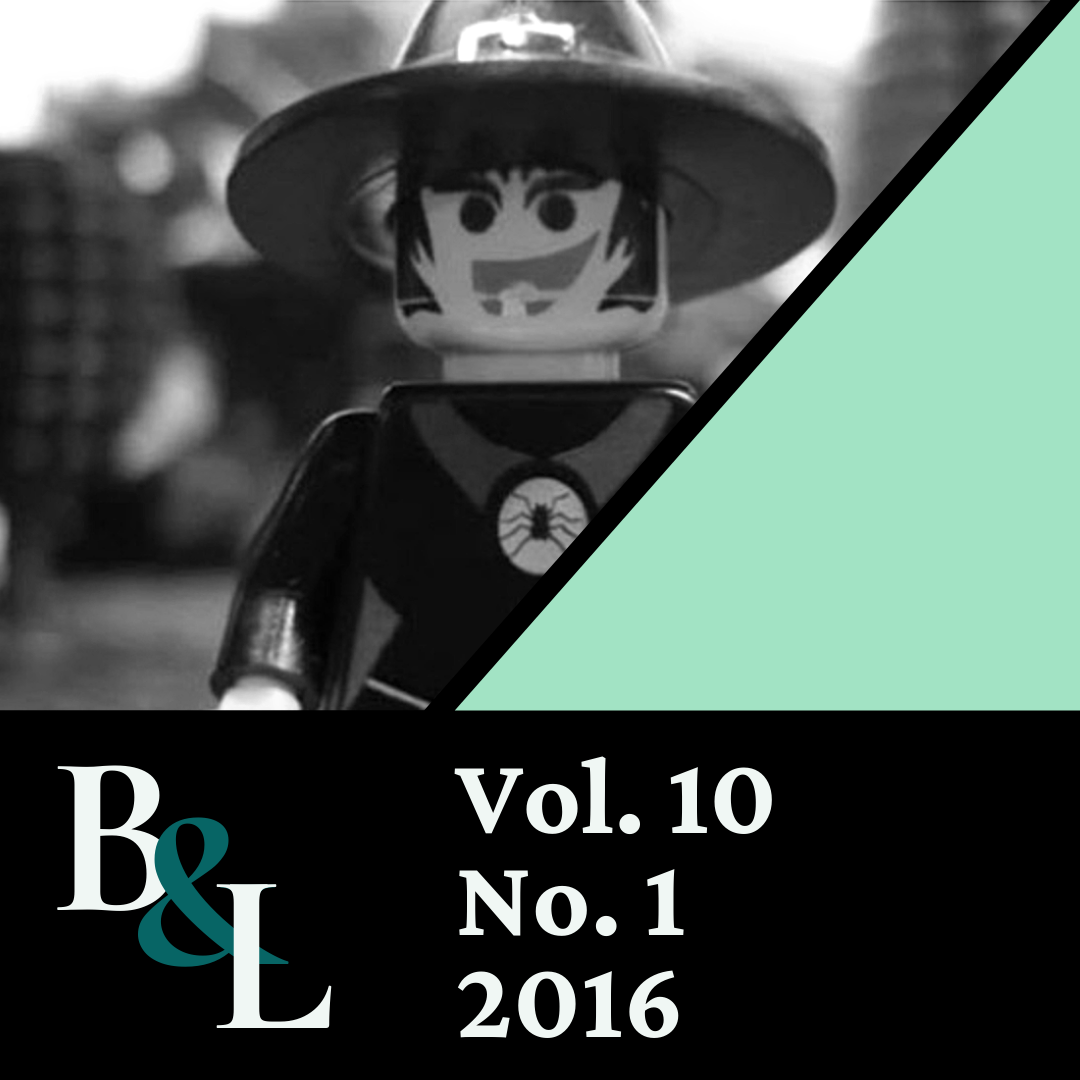From Face to Facebook
Levinas's Radical Ethics and "Shakespeare Friends"
Abstract
Cluster: Responsible Networks
In this essay, I employ Emmanuel Levinas's philosophy to examine intersubjectivity in social media and to reflect on the Facebook group "Shakespeare Friends," which I created and administer. Levinas's "face-to-face" theory provides a radical way of thinking about ethics in social media and mediated communication, one that points to their transformative effects while avoiding the now commonplace notions that social media and other computer technologies are either entirely liberating our identities and relationships or completely eroding them. Levinas's theory of communication (the "saying" over the "said") relies on his concept of "substitution" and "proximity" between people, which may be — and has been — applied to analyses of online as well as offline relationships. This theory, I contend, is especially relevant to social media like Facebook, as evidenced in the exchanges on "Shakespeare Friends." I employ Levinas's radical ethics to analyze the group "Shakespeare Friends" as a kind of "walled garden," a community with its own boundaries and dynamics — a "networked public." Levinas's theory seems especially relevant to this group, as many, including Levinas himself, have seen his ethics as deeply implicated in Shakespeare's texts and appropriations of them. Using current social media theory to study the functions and affordances of social media sites in general, Facebook in particular, I focus on "spreadability" and "coaxed affordances," which allow for this active interaction. I observe that "Shakespeare Friends" upsets traditional hierarchies and barriers and crosses geographical boundaries, making it possible for members to exchange ideas with fellow Shakespeare scholars, educators, and practitioners all over the world. In effect, the group is a virtual microcosm of the global nature of contemporary Shakespeare studies, a supportive means of exchange between Shakespearean scholars, educators, or practitioners in theatre or other arts.


